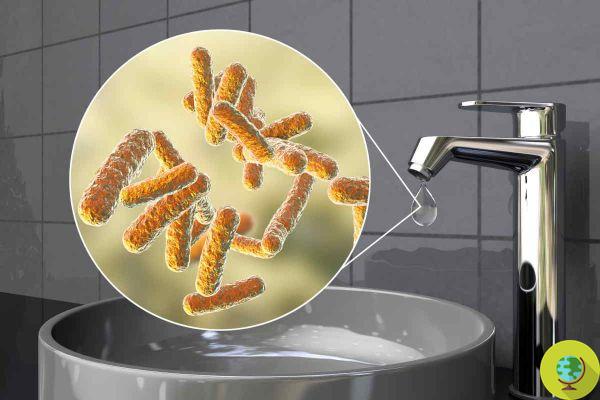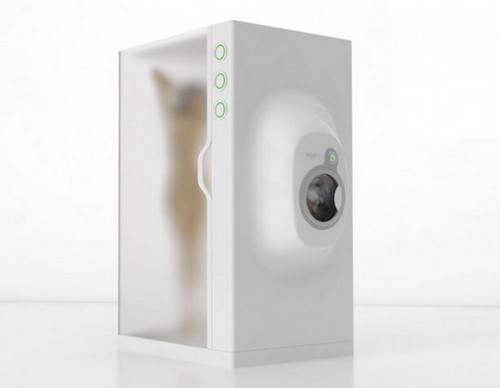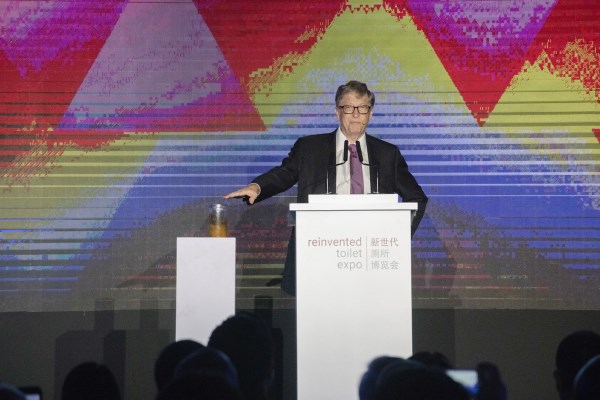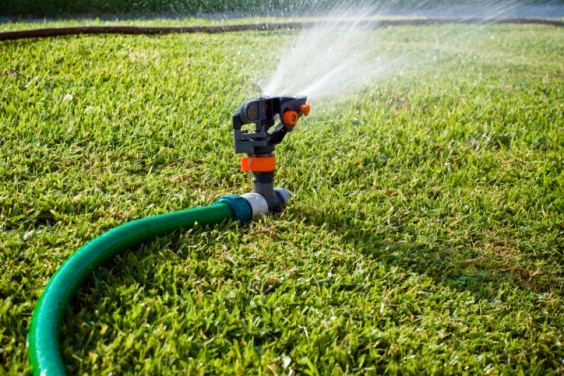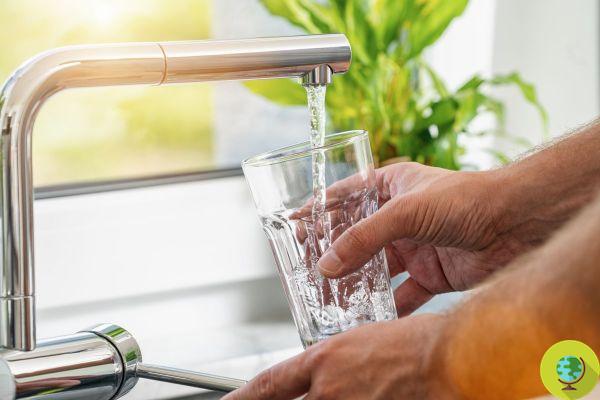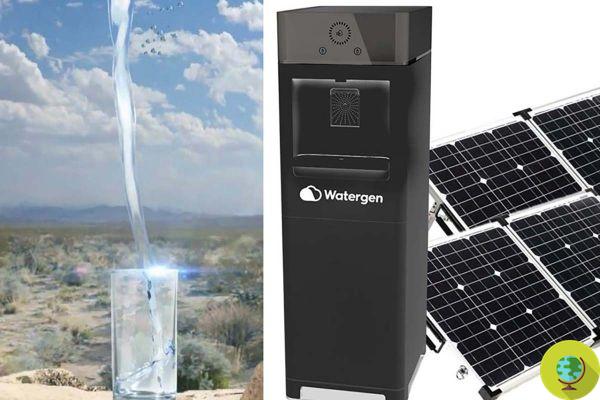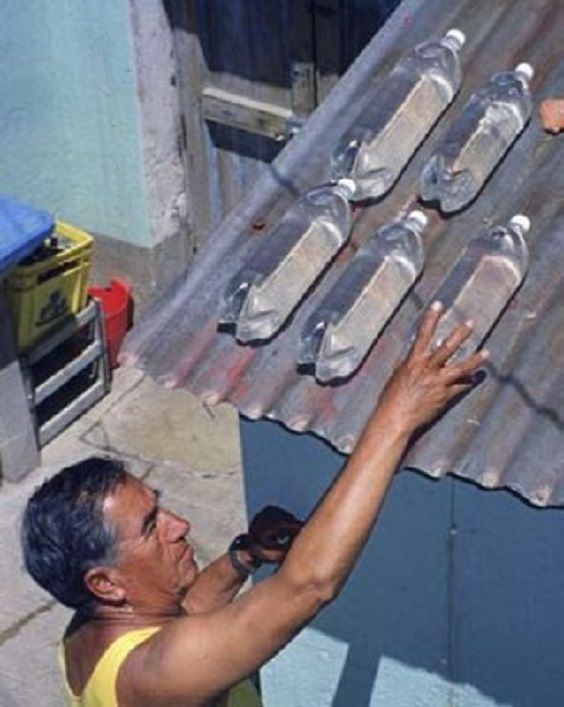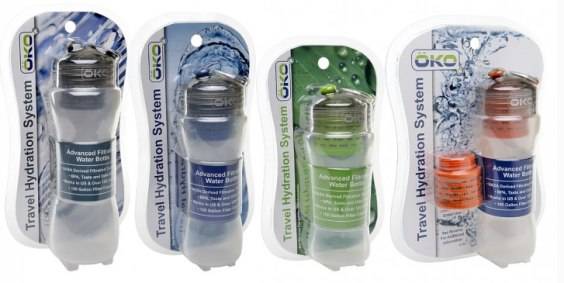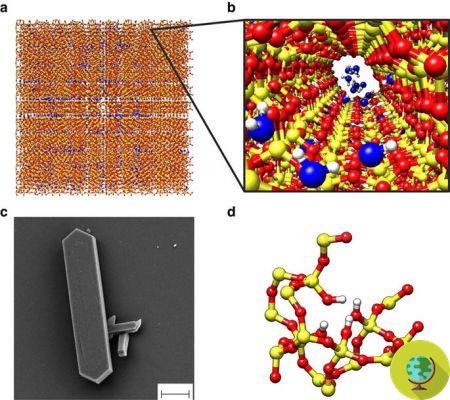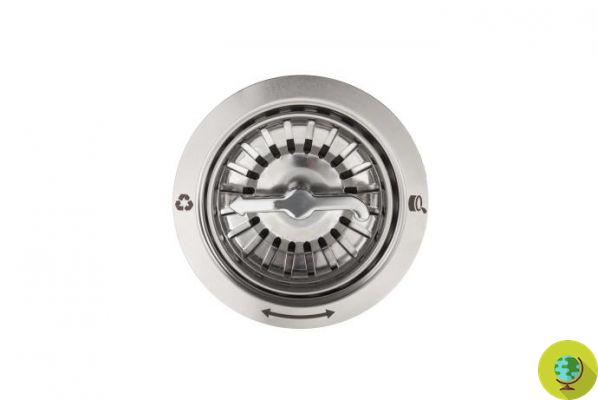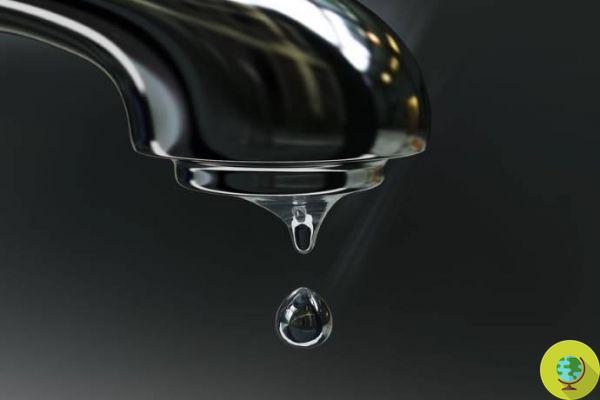
The annoying sound produced by a drop of water falling from a leaking tap is caused by air bubbles being trapped underwater. Here's how.
He is about to end up run over, his mother saves himThe annoying sound produced by a drop of water falling from a leaking tap is caused by air bubbles being trapped underwater. Here's how.
Plin, plink, plik, makes the drop of water in the heart in the night. Able to drill your brain even if it were a drill, that drop dangling from the tap that, after a free fall of a nanosecond, ending up on the bottom of the sink makes more noise than a Metallica concert, actually produces a sound whose nature is scientifically demonstrable. And a tiny air bubble is responsible for it.
Well, some brave scientists have started studying the phenomenon and figuring out how to stop it. But the definitive solution remains, alas, a call to the plumber.
In short, Anurag Agarwal of the University of Cambridge, an expert in aerospace aerodynamics, appliances and biomedical applications, has learned that the annoying sound of the drop falling from the leaking tap is caused by air bubbles trapped underwater. Just adding a pinch of dish soap to the drip catcher will stop “the plink plink sound”.
That noise basically depends on the oscillation of a microscopic bubble of air that forms under the drops themselves at the moment of impact, which in turn pushes the surface of the water to vibrate and release sound in the air.
The astonishing engineers of the engineering department of the University of Cambridge thus discovered, in a study that was later published in Nature, that if you change the surface tension of the water where the drops fall, for example by putting dish detergent, you can eliminate the annoying sound.
The idea of the search started when Agarwal went to visit a friend and stayed up all night due to a water leak from the ceiling, dripping into a bucket on the floor. Annoyed by the noise, he began to analyze it in the laboratory with very high-speed cameras and microphones.
“Using high-speed cameras and high-sensitivity microphones - explains Samuel Phillips, one of the authors of the study - we were able to directly observe the oscillation of the air bubble for the first time, demonstrating that the bubble is the key driver. both for the underwater sound and for the characteristic aerial sound. But aerial sound is not simply the underwater sound field that spreads to the surface, as previously thought ”.
It would in fact be the oscillation of the small bubble to spread vibrations on the water surface. The bubble, which forms in the lower part of the cavity under the drop, acts as a piston and produces the sound waves.
In short, the observations suggest that the initial splash, cavity formation and liquid jet are all effective. The annoying “plinky sound”, as the English call it, is actually the result of the oscillation of a small air bubble trapped under the surface of the water. The bubble causes the surface of the water to vibrate in tune with it, which sends acoustic waves to our ears similar to a piston. The trapped air bubble must be close to the bottom of the cavity caused by the impact of the fall so that the sound of the “plink” is audible. Et voila.
Purpose of the research? Scholars point to the future possibility of synthesizing the sound of drops with greater precision for multimedia productions, such as movies or video games. In the meantime, we can only tell you not to think about it too much and fix that tap as soon as possible, so as not to lose large quantities of such a precious commodity as water.
Germana Carillo





